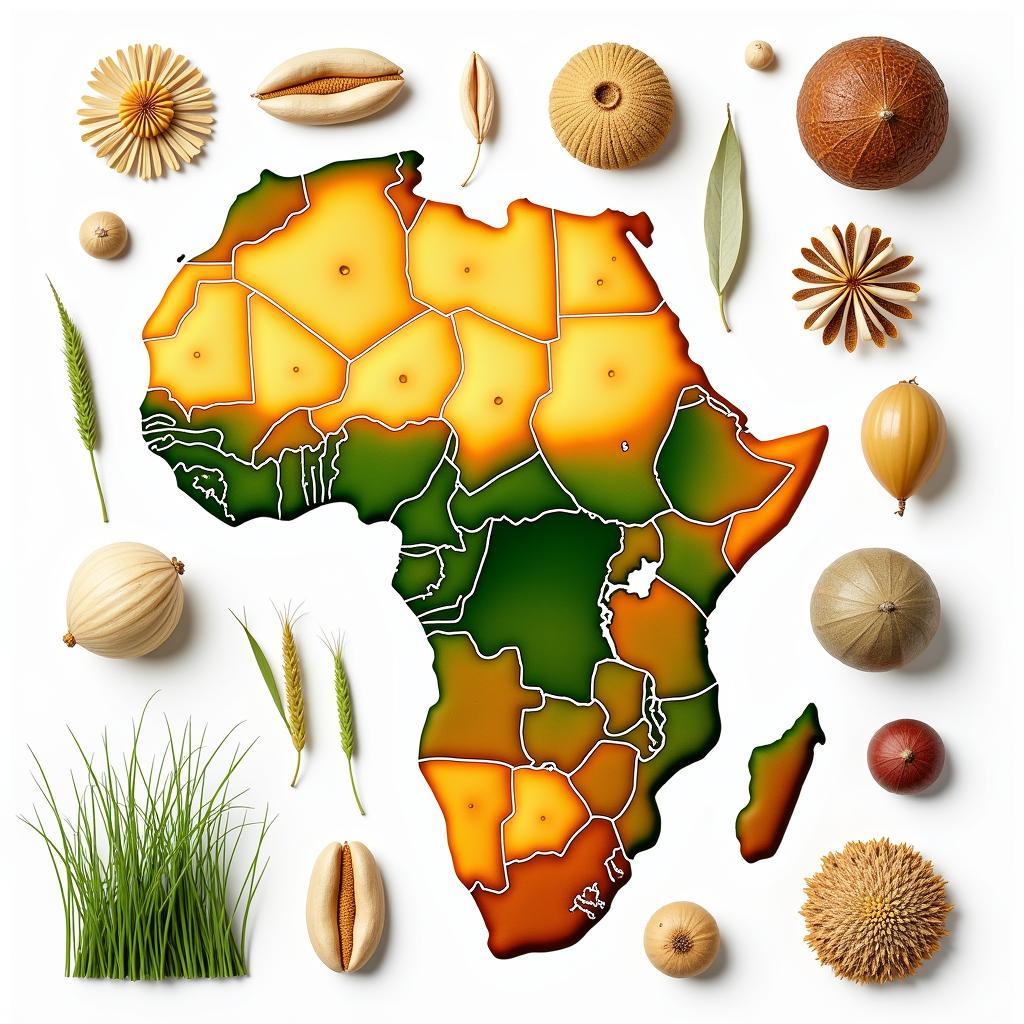Achievements of the Organization of African Unity
The Organization of African Unity (OAU), established in 1963, played a pivotal role in shaping the destiny of post-colonial Africa. While the organization transitioned to the African Union in 2002, its achievements continue to resonate across the continent. This article delves into the most significant accomplishments of the OAU, highlighting its enduring impact on African unity, liberation, and development.
Fostering a Spirit of Pan-Africanism and Unity
At its core, the OAU represented the hopes and aspirations of a continent yearning for unity and self-determination. One of its most profound achievements was fostering a spirit of Pan-Africanism, transcending colonial borders and emphasizing shared struggles and aspirations.
The OAU provided a platform for dialogue and cooperation, enabling African leaders to come together and address common challenges. This newfound unity was instrumental in challenging neo-colonialism and advocating for Africa’s interests on the global stage.
Championing Decolonization and Liberation Movements
The OAU was deeply committed to the total liberation of Africa from colonial rule. It actively supported liberation movements fighting against colonialism and apartheid in countries such as Angola, Mozambique, South Africa, and Zimbabwe.
Through diplomatic efforts, material support, and military training, the organization played a critical role in dismantling the last vestiges of colonialism and white minority rule in Africa. This unwavering support for liberation movements was a testament to the OAU’s commitment to self-determination and the right of all Africans to live in freedom and dignity.
Promoting Economic Development and Cooperation
Recognizing the interconnectedness of political independence and economic progress, the OAU actively promoted economic development and cooperation among African states. The organization established institutions like the African Development Bank (AfDB) and the Economic Commission for Africa (ECA) to foster economic growth and regional integration.
The OAU also championed the creation of regional economic communities, aiming to boost intra-African trade and reduce reliance on former colonial powers. While challenges remained in achieving equitable and sustainable development, the OAU’s efforts laid the foundation for future economic progress on the continent.
Preventing and Resolving Conflicts
The post-colonial era witnessed numerous conflicts and civil wars across Africa. The OAU played a crucial role in mediating disputes and seeking peaceful resolutions to these conflicts. It established mechanisms for conflict prevention, peacekeeping, and humanitarian intervention, aiming to prevent the escalation of violence and alleviate human suffering.
While the OAU faced criticism for its effectiveness in conflict resolution, its interventions often helped prevent further bloodshed and fostered dialogue between warring parties. The organization’s commitment to peaceful conflict resolution underscored its dedication to peace and stability on the continent.
Legacy and the African Union
The OAU was formally dissolved in 2002, succeeded by the African Union (AU). The AU, building upon the foundations laid by the OAU, adopted a more proactive approach to addressing contemporary challenges facing Africa, such as poverty, disease, and climate change.
Despite its dissolution, the OAU’s legacy endures. Its achievements in promoting unity, liberation, and development continue to inspire generations of Africans. The organization’s unwavering commitment to Pan-Africanism and its unwavering belief in the potential of a united and prosperous Africa remain relevant in the 21st century.
Conclusion
The Organization of African Unity, despite its imperfections, left an indelible mark on the African continent. Its achievements in fostering unity, championing liberation, promoting development, and seeking peaceful resolutions to conflicts laid the foundation for a more integrated, prosperous, and peaceful Africa. As the continent continues to grapple with contemporary challenges, the OAU’s legacy serves as a reminder of the power of collective action and the enduring spirit of Pan-Africanism.
For more insights into the OAU’s impact on specific issues, explore these related articles:
When facing challenges related to child welfare and seeking to understand the complexities of African communities in diaspora, these resources offer valuable information.
